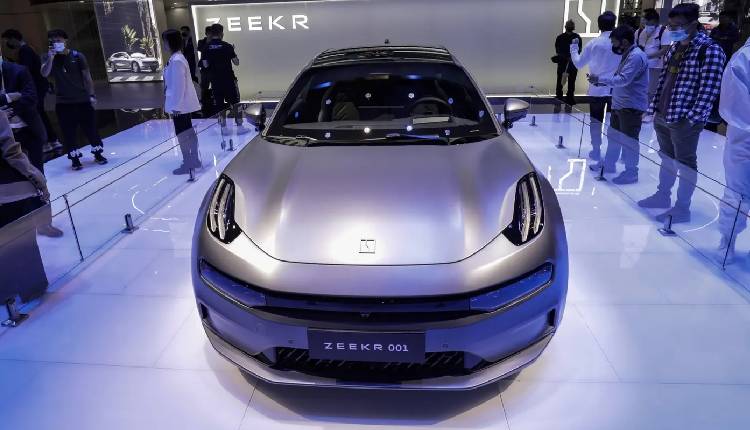Brazil becomes top export market for Chinese EVs, hybrids
Brazil has overtaken Belgium as the largest export market for Chinese new energy vehicles (NEVs), Reuters reported on Monday citing recent industry data.
Chinese automakers are shifting their focus to non-European markets amid the European Union’s anti-subsidy probe into Chinese electric vehicles.
In April, exports of pure electric and plug-in hybrid cars to Brazil surged 13-fold year-on-year to 40,163 units, maintaining Brazil’s position as the top export market for the second consecutive month, the China Passenger Car Association (CPCA) reported.
The significant increase in exports to Brazil, which ranked as the 10th largest export market in January, precedes a rise in tariffs on EVs and hybrid imports as of July, aimed at boosting local auto production.
Chinese automakers like BYD and Great Wall Motor are ramping up investments in Brazil, with BYD constructing a manufacturing complex set to begin production by late 2024 or early 2025 and Great Wall Motor commencing operations at its Brazil plant this month.
In addition to leading in NEV exports, Brazil also became China’s second-largest export destination for all cars in April, after Russia. Despite Western sanctions, Russia is projected to remain China’s largest car export market, according to CPCA secretary general Cui Dongshu.
Meanwhile, countries such as Spain, France, the Netherlands, and Norway have experienced the largest declines in imports of China-made electric passenger vehicles from January to April, impacted by the EU’s anti-subsidy probe.
In response, Chinese carmakers are expanding their exports to markets in South America, Australia, and ASEAN.
From January to April, Chinese auto exports to Russia rose by 23 per cent to 268,779 vehicles. Exports to Mexico and Brazil increased by 27 per cent and 536 per cent to 148,705 and 106,448 vehicles, respectively, during the same period.


